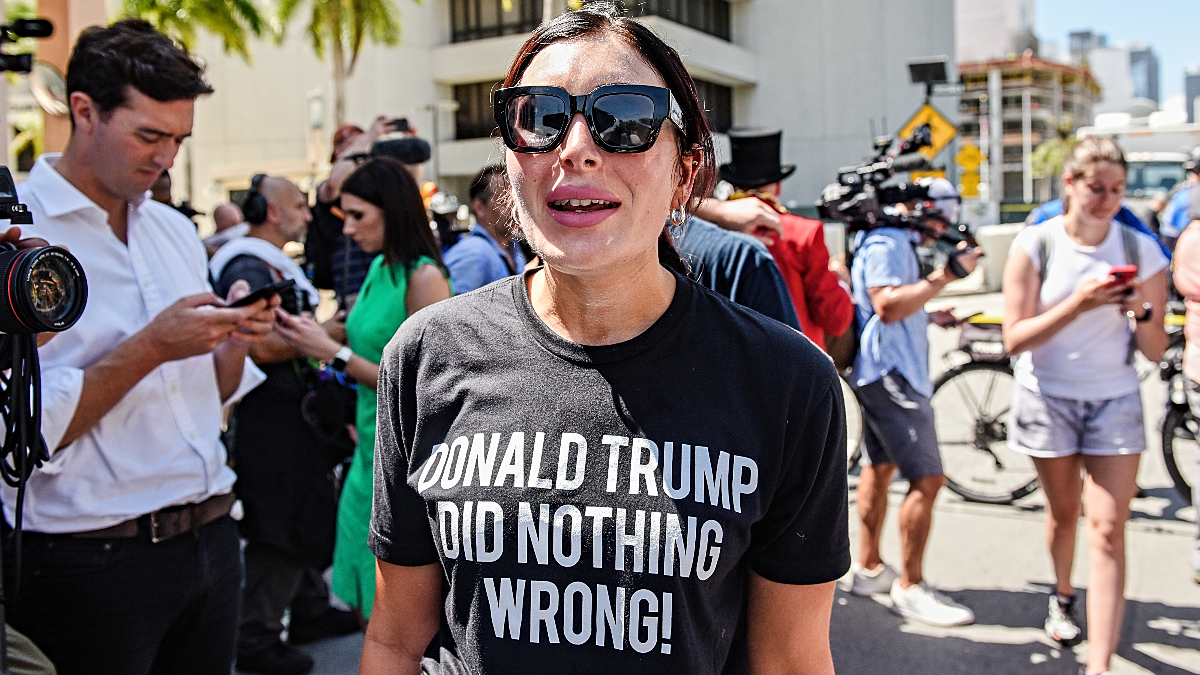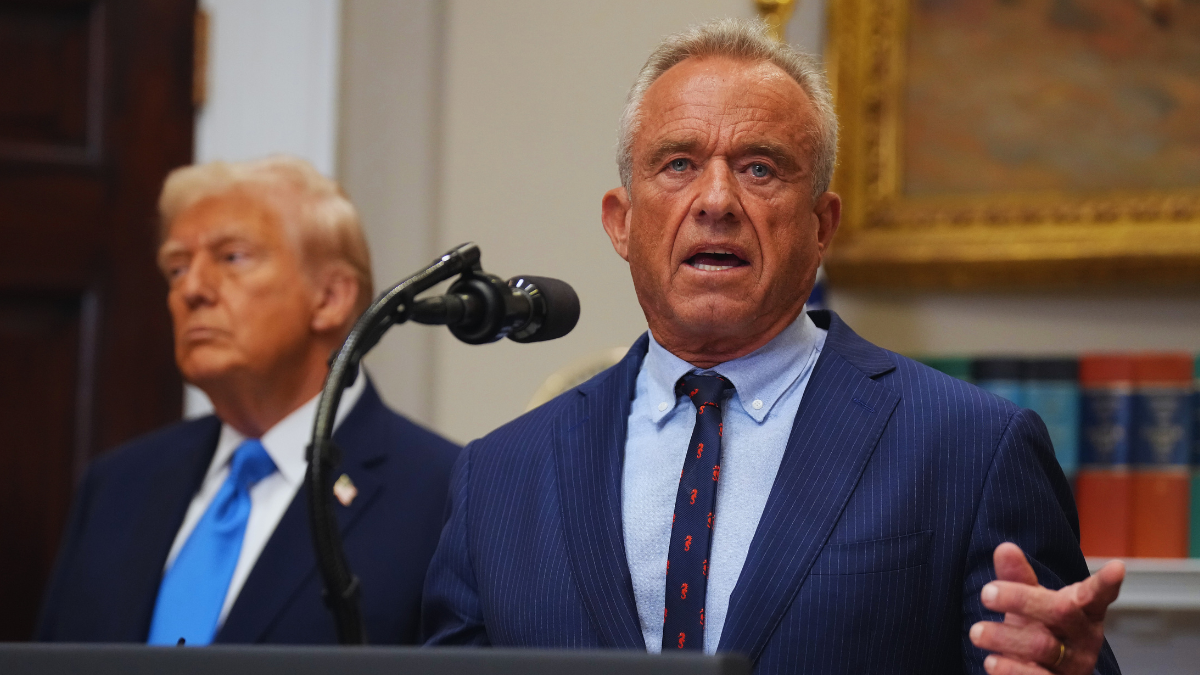Netflix’s glitzy new fantasy drama The Witcher has provoked contrasting responses. Rotten Tomatoes finds critics decidedly unconvinced at a not-quite-fresh 58% but audiences lapping it up with glee, as that score is currently over 90%, though the metric isn’t quite as regulated as the critic’s figure.
Executive Producer and showrunner Lauren Schmidt Hissrich will no doubt have been aware of the divisive reception, and has used a new interview with GamesRadar to ameliorate concerns about the first season by playing-up its development in the second, saying:
“What’s great about Season 2, I can tell you, is that, in what we’ve written, the story becomes much more focused. There’s a stronger drive in the story, because all of the relationships that we’ve been setting up in Season 1, actually start to come into fruition in Season 2.”
“There’s a stronger drive in the story, because all of the relationships that we’ve been setting up in season one, actually start to come into fruition in season two. Characters start meeting and interacting more. That goes well sometimes. It doesn’t go well sometimes. But it’s kind of like, all of those building blocks that we set up for the world, finally, start to come together into something a little more concrete.”
The second season has already been commissioned, with a planned airdate in 2021. Till then though, you have to make do with the eight episodes of Marvelous Cavill we have, or go back and watch Game of Thrones again.
Now’s probably a bad time to admit that I actually loved season 8 (is there ever a good time to admit that? How can it be this socially unacceptable?), but whether you loved or loathed The Witcher, or loved or loathed Game of Thrones, the former undeniably owes its existence to the latter. Any time popular culture produces a zeitgeist-defining franchise, copycats, imitators, noble descendants, they all follow quickly.
Take the effect of the Marvel Cinematic Universe this decade. There’s barely a studio that hasn’t now tried to make their own superhero smash, or their own cinematic universe, or both. Fans of adult-oriented fantasy have had their wildest dreams come true since Thrones not only broke into the mainstream, but moulded the mainstream in its own image. To draw one final parallel between The Witcher and its predecessor, Hissrich is right to emphasize world-building incumbent on a first season. Thrones, too, began as an overwhelming sprawl, and only came into its own once its fundamentals were in place. If The Witcher can harness that principle, it’ll do just fine.
















Published: Dec 31, 2019 02:15 pm